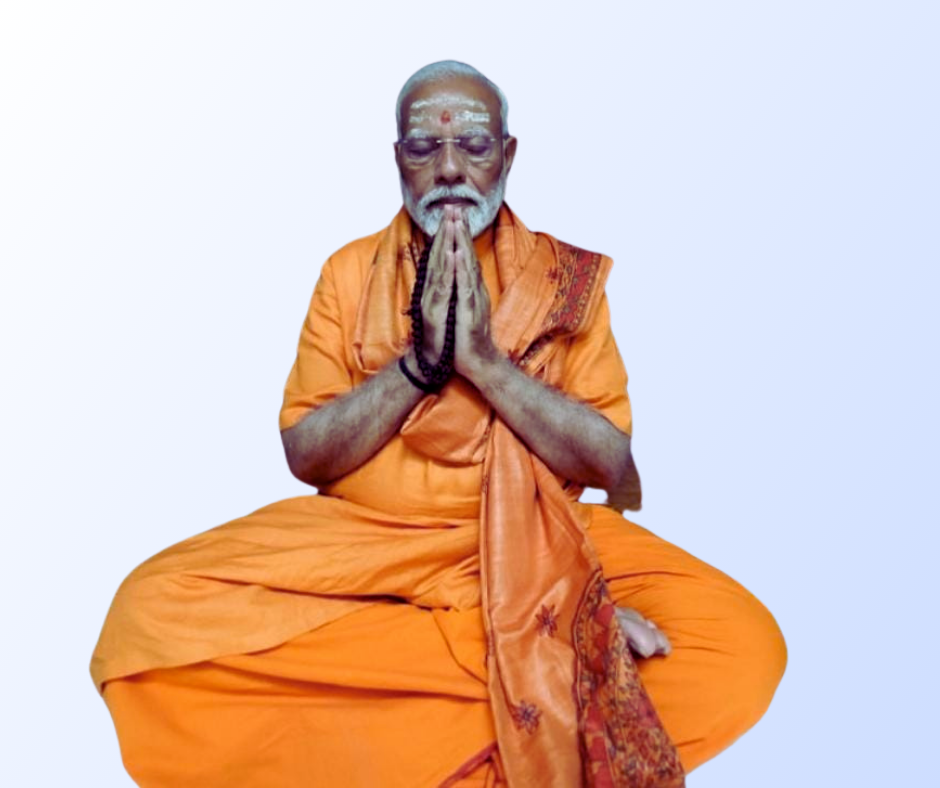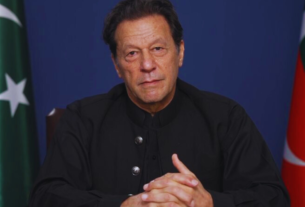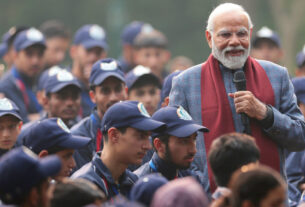New Delhi, June 04, 2024 – Prime Minister Narendra Modi celebrated a significant yet bittersweet victory in India’s general election, declaring triumph for his alliance while acknowledging a marked drop in support for his Bharatiya Janata Party (BJP). The election results underscore a pivotal shift in India’s political landscape, compelling Modi to rely on coalition partners to govern effectively.
Modi, addressing a jubilant crowd at the BJP headquarters, hailed the election outcome as a testament to the strength of the world’s largest democracy. “Today’s victory is the victory of the world’s largest democracy,” he proclaimed. Modi expressed gratitude for the “immense faith” shown by Indian voters in his party and the broader National Democratic Alliance (NDA) coalition. However, official results from the Election Commission on Wednesday painted a complex picture.
The NDA secured 294 seats, comfortably surpassing the 272-seat majority threshold but falling short of the sweeping victory Modi had anticipated. The BJP itself won 240 seats, a significant decline from the record 303 seats it captured in the 2019 elections. This outcome marks the first time since the BJP’s ascension to power in 2014 that it failed to secure a standalone majority.
Modi’s pre-election confidence, which saw him predicting a 370-seat victory for the BJP and an additional 30 seats for allies, did not materialize. The new parliamentary dynamics necessitate the support of coalition partners, including the Telugu Desam Party (TDP) with 16 seats in Andhra Pradesh and Janata Dal (United) with 12 seats in Bihar, among others.
The Times of India, reflecting on the election results, emphasized the electorate’s message: “Indian voters can’t be taken for granted. Voters have clearly indicated that jobs and economic aspirations matter. The economic message from the results is that jobs matter.”
The opposition, led by the Congress party, made notable gains, winning 99 seats, up from 52 in the 2019 elections. The Samajwadi Party secured a major victory in Uttar Pradesh with 37 seats, dealing a significant blow to the BJP in the populous northern state. The All India Trinamool Congress (AITC) won 29 seats in West Bengal, while the Dravida Munnetra Kazhagam (DMK) captured 22 seats in Tamil Nadu, further eroding BJP’s dominance.
Modi’s victory speech highlighted the challenges ahead, as he must navigate coalition politics to advance his agenda amidst a stronger, more assertive opposition. The election results reflect a nuanced electorate, balancing support for Modi’s leadership with a clear demand for economic progress and job creation.
As India moves forward, the 2024 election serves as a reminder of the country’s vibrant democracy, where voter priorities drive political outcomes and mandate accountability from its leaders.





